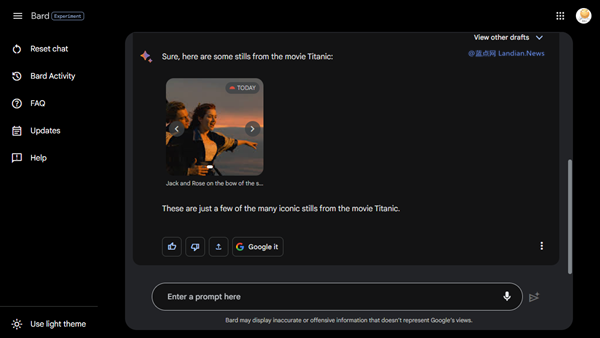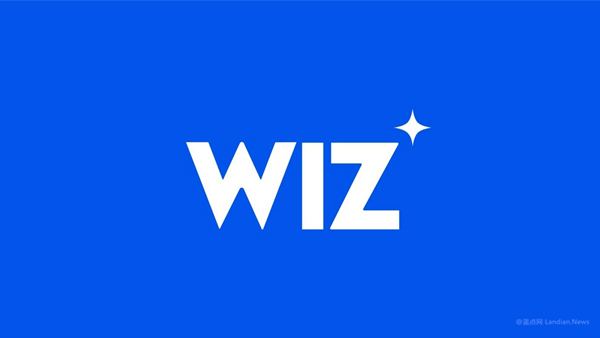Mozilla Speaks Out Again: Banning Google Search Revenue Sharing Could Threaten Independent Browsers like Firefox
The Mozilla Foundation has once again raised concerns regarding the ongoing Google antitrust case. The U.S. Department of Justice is contemplating forcing Google to divest its Chrome browser and prohibiting Google Search from paying to be the default search engine in browsers.
For many browsers, including Firefox, Google is a primary source of revenue. These browsers earn by setting Google as the default search engine and receiving a share of the search revenue. Consequently, if the court prohibits Google from compensating browsers in this manner, it could pose a threat to many, including Firefox.
In its blog, the Mozilla Foundation emphasized its role as a champion of competition and advocate for reform, aimed at fostering fair competition in the digital market. While the Foundation supports the U.S. Department of Justice's efforts to improve search competition for consumers, the outcome of this case could significantly impact the market.
The above is the development chart of major browsers and kernels
The proposed remedies by the U.S. Department of Justice would require smaller, independent browsers like Firefox to fundamentally reassess their operational models. Banning Google's revenue-sharing model might inadvertently strengthen the position of a few powerful browsers, failing to meaningfully improve search competition and concerning the future of an open and interoperable web.
Previously, Firefox partnered with Yahoo to make Yahoo Search the default search engine. However, due to user dissatisfaction and data breach issues with Yahoo Search, Firefox renewed its contract with Google in 2017, making Google Search the default once again.
Despite the variety of browsers in the market, there are only three main rendering engines: Apple's WebKit, Google's Chromium Blink, and Mozilla's Firefox Gecko. Apple's WebKit is used exclusively within its ecosystem, such as macOS, iOS, and iPadOS. The Mozilla Foundation believes that the only engine capable of offering a cross-platform challenge is its Gecko engine, which supports Windows, macOS, Linux, and is under development for iOS.
Why the Focus on Browser Engines?
The Department of Justice's proposed actions could destroy Firefox's business model, leaving only Apple's WebKit and Google's Blink in the market. On platforms like Windows and Linux, Google's Blink could become the sole dominator.
This scenario would not only turn Firefox into a casualty but could also lead to the destruction of the Mozilla Gecko engine, thereby inadvertently harming competition among browsers and their engines.
The Mozilla Foundation does not want to see market share shift from one trillion-dollar tech company to another. Real change requires eliminating competition barriers and creating a market that fosters competition, innovation, and consumer choice in search engines, browsers, and browser engines.
In conclusion, the Foundation urges the court to consider remedies that achieve the original antitrust objectives without harming independent browsers and browser engines, to avoid damaging the wider web ecosystem.










